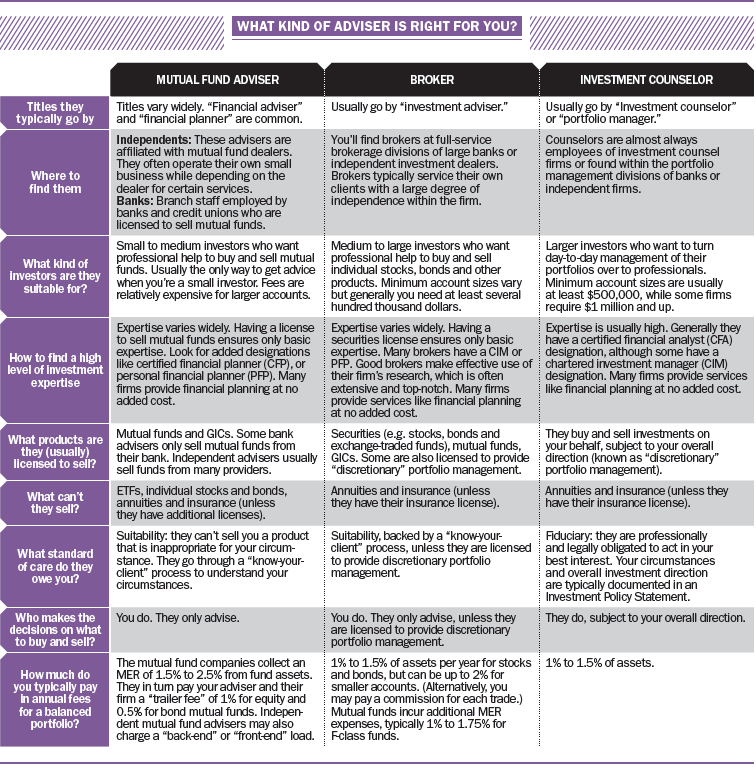Perfect advisor for your financial planning needs
There are three main types of advisors—here's what you need to know to pick the right one
Advertisement
There are three main types of advisors—here's what you need to know to pick the right one


Share this article Share on Facebook Share on Twitter Share on Linkedin Share on Reddit Share on Email